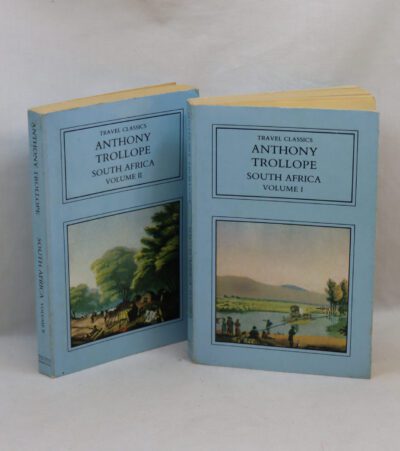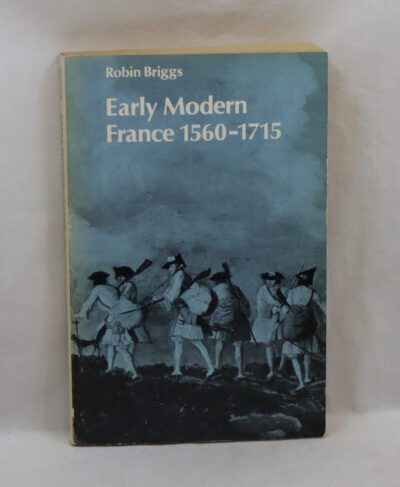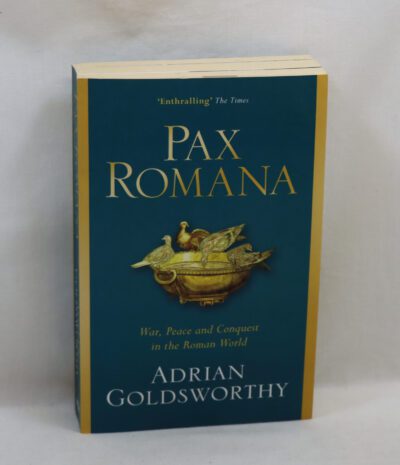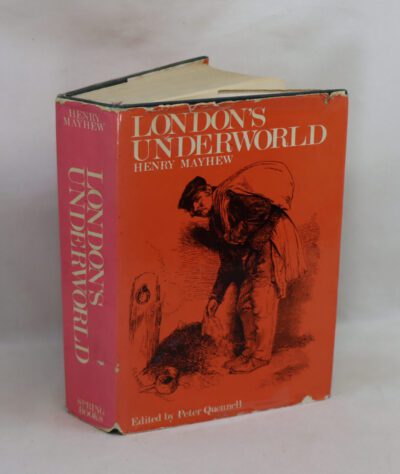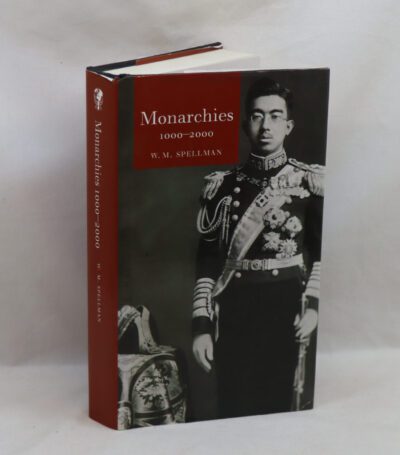Goodbye Rhodesia.
By Chris Mears
ISBN: 9781905200443
Printed: 2005
Publisher: Anthony Rowe Publishing. Eastbourne
Edition: First edition
| Dimensions | 15 × 21 × 1.5 cm |
|---|---|
| Language |
Language: English
Size (cminches): 15 x 21 x 1.5
Condition: Fine (See explanation of ratings)
Item information
Description
Softback. Tan cover with white title on the spine. Scrolls background with white and orange title on the front board.
F.B.A. provides an in-depth photographic presentation of this item to stimulate your feeling and touch. More traditional book descriptions are immediately available.
A well-kept book in excellent Condition: this volume is becoming increasingly rare.
Review: I bought this book as a step away from the Rhodesian Bush War military memoirs I have been reading recently. It was very interesting to read an account of life by civilians in pre Zimbabwe Rhodesia as opposed to soldiers whose memoirs are necessarily filled with the narrative of conflict as opposed to the more ordinary descriptions of daily life in the country. Despite some criticism of Mears in other reviews and comments I found this was someone who had given her heart to Rhodesia as a country and she writes movingly about the sheer beauty and mystery of the country side where she worked, and with despair about the attitude of the outside world to Rhodesia and its struggle with externally sponsored terrorism. One particularly moving section covers the murder by Zambian soldiers of some young tourists who were on the Rhodesian side of the Victoria Falls in what seems to have been a calculated attempt to frustrate the then flourishing tourism at the Falls and the cynical offer of compensation to the bereaved parents by the Zambian government afterwards.
Mears’ story is an involving one about hand to mouth existence in what was a British colony before independence was declared unilaterally by Ian Smith’s government in 1965. Mears and her husband had gone out to Rhodesia to seek a new life in the colonies but didn’t find a ‘happy valley’ utopia as existed for some expats in Kenya. Instead, their life seems to have been a tough one; her husband didn’t make it as a tobacco farmer, and they gravitated to Victoria Falls with two young children where they found work in a variety of exhausting jobs in tourism trying to help keep the Rhodesian economy afloat in a time of sanctions and world isolation. Mears may have thought the Rhodesian Front government of Ian Smith short sighted (we never get to find out what she thought of the interim government of 1979 as she left Rhodesia with her husband and children in 1977) but she was definitely no supporter of violent black African nationalism either and writes scathingly of those who sought to maim, murder and intimidate the ordinary black tribesmen and civilians of the Rhodesian Bush. She reserves particular condemnation for the government of Robert Mugabe that followed independence in 1980 with a year by year analysis of the deterioration in the country from 2000 to 2005 when her book was published and essentially makes the case that no-one should have been surprised at what happened to Zimbabwe given the way things had gone in other African countries post-independence from their colonial mother countries..
A very interesting account of life in Rhodesia for the ordinary person and how they lived day to day in what was once a prosperous, vibrant and safe country that slowly headed towards ruin at the hands of a brutal terrorist insurgency and international pressure.
Want to know more about this item?

Share this Page with a friend



